City water connection making your fresh water tank overflow? Over the years, I’ve faced this head-scratcher while moving across various campgrounds and sites. Let’s explore the why and the fix.
Key Takeaways:
The fresh water tank fills when connected to city water primarily due to a malfunctioning check valve in the water pump line. High city water pressure or trapped debris can cause the valve to remain open. Using a water pressure regulator and regularly inspecting valves can prevent this issue.
Let’s understand in detail why your fresh water tank fills up when you’re connected to city water!
| Cause: | Fix: |
| Dirt and debris are trapped in the system making the valve stuck | Disconnect from city water and let the water pump run for 8-10 mins; consider installing a shut-off valve or backflow preventer. |
| A malfunctioning check valve in the water pump line. | Inspect and replace the check valve if damaged. |
| High city water pressure. | Use a water pressure regulator to maintain a safe water pressure level. |
Here’s Why Your Fresh Water Tank Fills Up When Connected To City Water:
The most common cause? That check valve in your water pump line. When it sticks in the open position, it allows your freshwater tank to fill up undesirably.
Now, WHY does this happen? Well, there are a couple of reasons for that.
Firstly, there’s the high pressure of the city water. When your RV is connected directly to city water, the pressure can sometimes be too high for your RV’s plumbing system to handle.
This is where the check valve’s role becomes crucial. It’s meant to prevent this backflow. However, if this valve is stuck open due to the high pressure, your freshwater tank will start to fill up.
Now, a water pressure regulator is your best friend in this situation. Think of it as a protector for your RV’s water lines. This device reduces incoming water pressure to a safe level before it enters your RV.
Using one is essential because it prevents issues like your freshwater tank from mistakenly filling up and safeguards your RV water lines from the potential damages high water pressure can cause.
Did you know that water pressure issues are not just restricted to your fresh water tank? For instance, facing issues with no water pressure in your RV kitchen sink can be an annoying setback. Being aware of such intricacies is crucial for a seamless RVing experience.
Then there’s dirt and debris. Sometimes, they can get lodged in your system, causing the valve to remain open.
So, what to do? A short-term solution would be disconnecting from the city water and letting your water pump run for about 8-10 minutes. This often helps the valve regain its proper position, preventing any unwanted backflow.
While this isn’t a guaranteed fix, it is one of the best possible fixes.
However, prevention is better than cure.
Consider installing a shut-off valve or backflow preventer in your water line to ensure this doesn’t become a recurring issue. This acts as an added security measure, halting any unwanted flow direction.
Sometimes, these valves, like all things, can wear out or break. If you spot damage, replacing it with one made of sturdier material is recommended.
Why are Water Pressure Regulator Valves essential?
A Water Pressure Regulator Valve is an essential tool for RV owners, ensuring that the water entering the RV’s plumbing system is at a safe and consistent pressure. RVs typically have more delicate plumbing systems than residential homes, making them susceptible to damage from high water pressure.
By installing a Water Pressure Regulator Valve, RV owners can prevent potential ruptures, leaks, and other water-related damages. This device automatically reduces and stabilizes incoming water pressure to a level that’s safe for the RV’s plumbing system, providing peace of mind and prolonging the lifespan of the RV’s water fixtures and pipes.
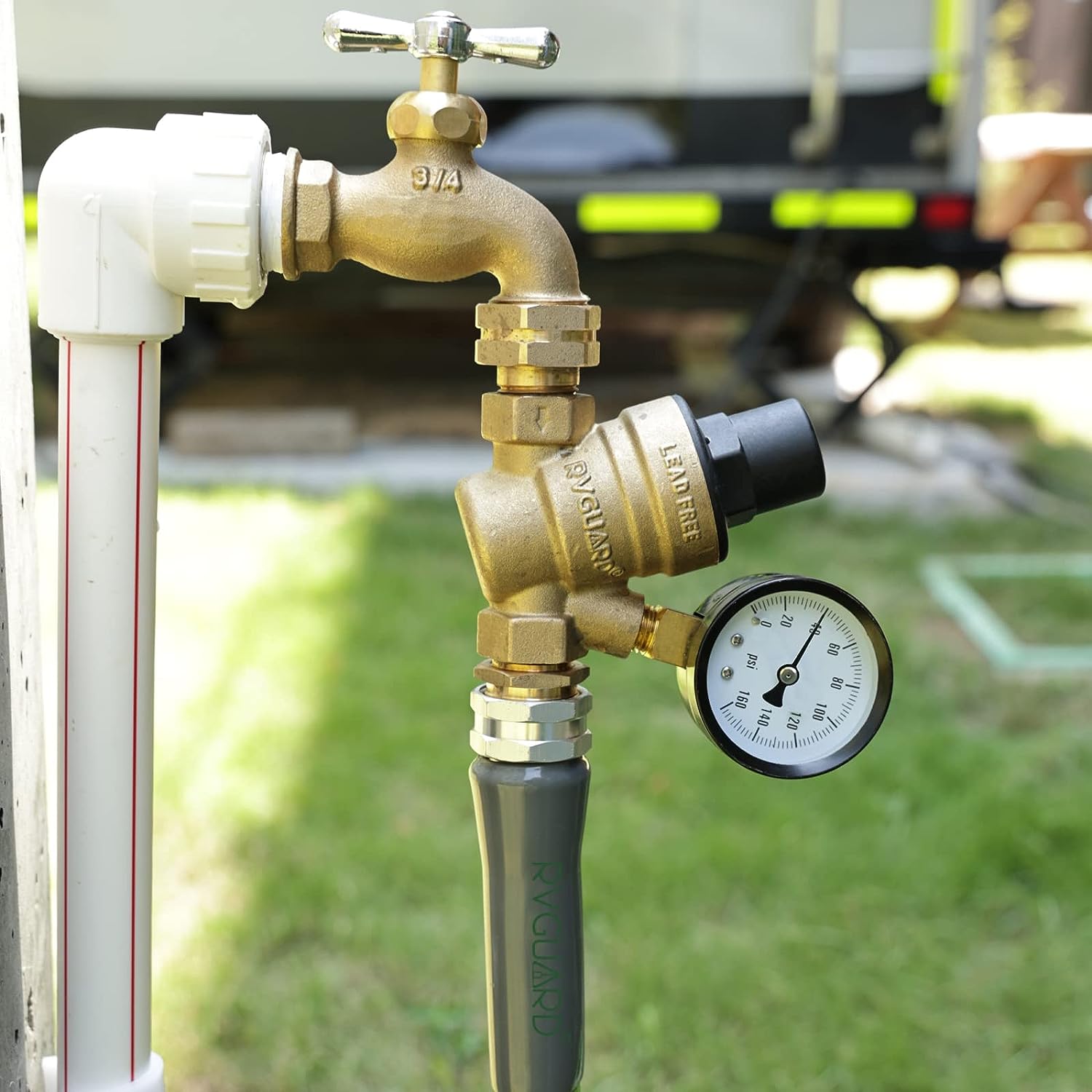
Water Pressure Regulator Valve
What Happens When The RV Fresh Water Tank Is Full?
RV life is all about being on the move, and water is one of our essential road partners. But what happens when that freshwater tank gets a little too full? Let’s unpack that.
Overflow:
The most obvious? Water spills out. Your RV’s fresh water tank has an overflow valve. When the tank fills to the brim, excess water escapes through this valve, preventing tank damage. But be mindful – water spilling out can be wasteful and might cause a mess around your campsite.
And if you ever notice water leaking from under your RV shower pan, it’s essential to address it promptly. Leaks can quickly escalate into more significant issues if left unattended.
Stress on the Tank:
Water’s heavy. About 8 pounds a gallon. A full tank means more weight, which puts strain on your tank and its brackets. Over time, this can lead to wear and tear.
By the way, speaking of RV water, you might also wonder, how long will 20-100 gallons of water last in an RV? Understanding this is essential because running out of water halfway through your journey can be a big inconvenience.
Reduced Capacity for Expansion:
Water expands when heated. If your tank’s filled to the brim on a hot day or if you have heated water inside, it needs room to expand. A full tank doesn’t allow this, risking tank bulges or even cracks.
And speaking of temperature-related issues, if you ever find your RV water getting too hot, it’s crucial to diagnose the cause and find a solution. Consistent water temperature ensures a comfortable living environment inside the RV.
Is It OK to Run My RV Water Pump While Connected To City Water?
In short, yes, you can run your RV water pump while connected to city water. But here’s the deal: just because you can, doesn’t mean you should. Let’s break this down.
First up, when your water pump’s running, it’s designed to pull water from your fresh water tank. So, if you’re connected to city water, and your pump’s still running along, guess what? It’s STILL pulling from that fresh water tank.
It’s simply wasteful, mainly when the city water is already supplying your needs.
Speaking of water issues in the RV, ever had a problem where your RV toilet sprays water from the bowl when flushed? It’s another common water-related problem many RV users face.
Now here’s the next thing to think about. If by any chance your fresh water tank goes empty (and it can if you’re not mindful), your pump would be working overtime, essentially running dry.
Even though RV water pumps are built tough and can handle a hiccup now and then, running one dry isn’t a good practice. Doing so could reduce its lifespan, and nobody wants to deal with a faulty pump in the middle of their RV adventure.
But wait, there’s more.
When you’re connected to city water, AND your pump is on, there’s always a chance of backflow happening. The water pump pushes That city water back into your freshwater tank.
If you’re not careful, your fresh water tank can overfill and potentially create other problems.
Another aspect of RVing that puzzles many is the design of the shower. Ever wondered why are RV showers elevated? It’s all in the details, and knowing them can enhance your RVing experience.
Final Thoughts: Don’t Miss This Before You Go!
RV water systems might seem straightforward, but they’re packed with intricacies. Understanding these nuances can save you a ton of stress, whether it’s high city water pressure or a simple misstep with your pump.
Regular checks and a bit of knowledge are your tickets to smooth RV adventures. And hey, if you’re keen on diving even deeper into RV repair and maintenance, stick around. There’s a world of insights we’re about to unveil.
Until next time, safe travels and happy RVing!
Related Products
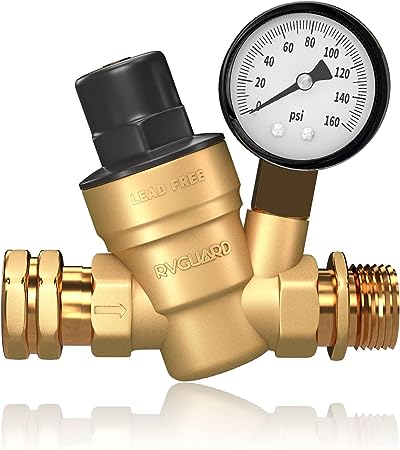
RVGUARD Water Pressure Regulator Valve Over 8k Positive ratings
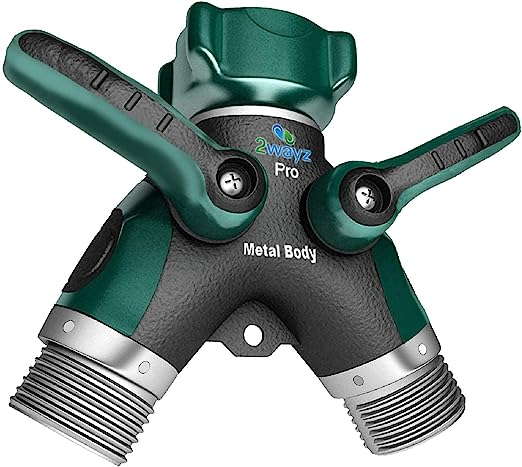
2WAYZ- Hose Splitter Over 27k Positive ratings
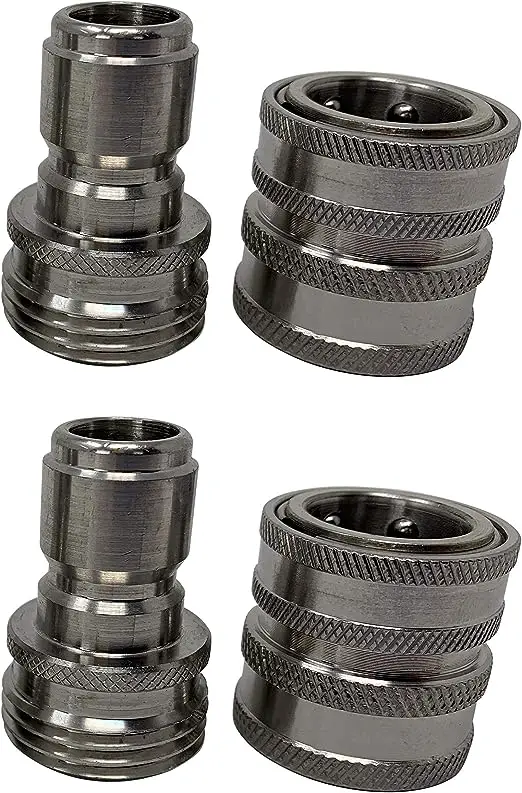


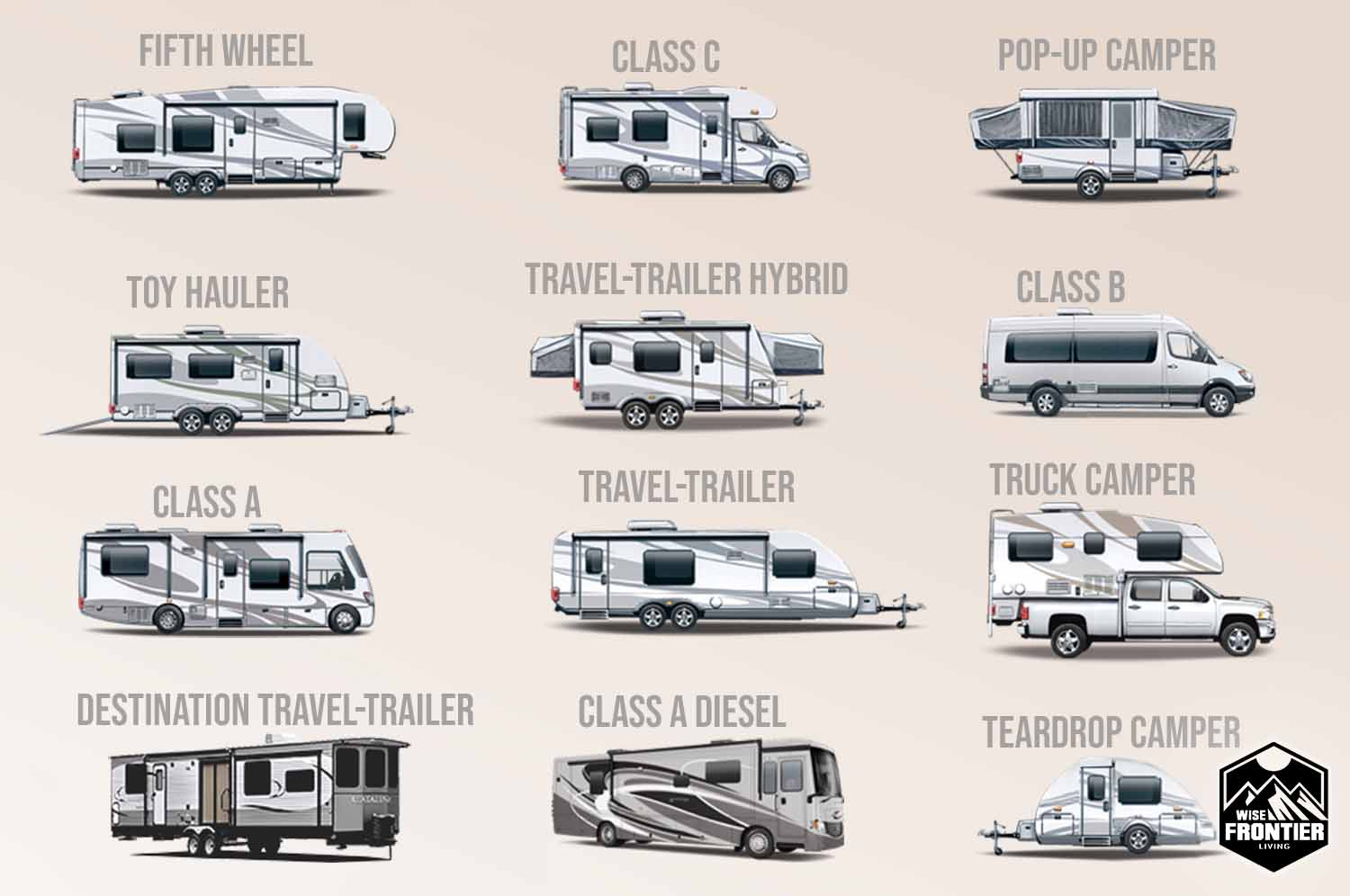
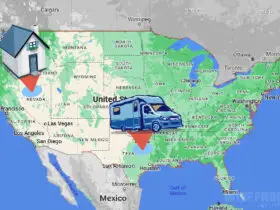
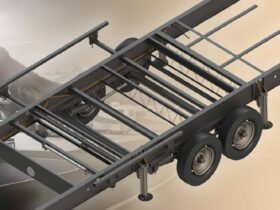

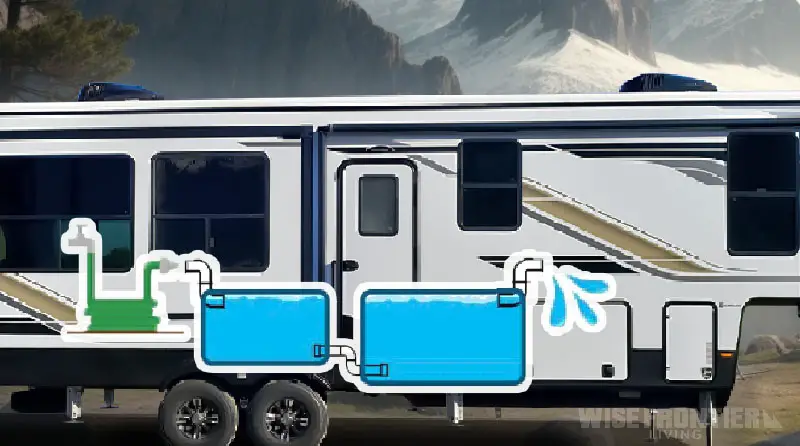
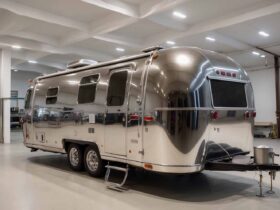
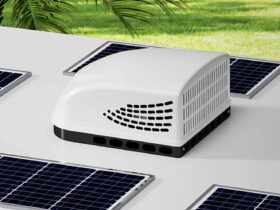
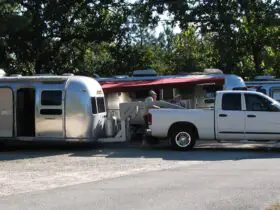
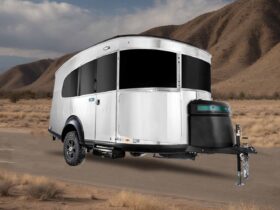
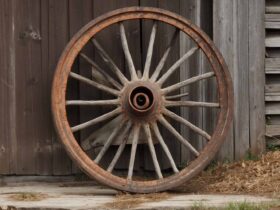


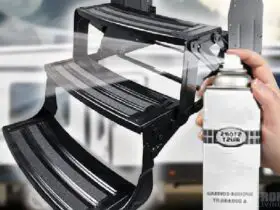
Leave a Reply